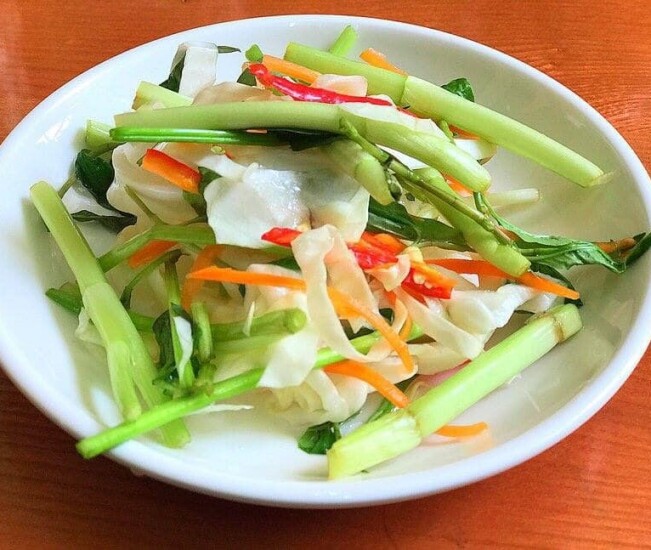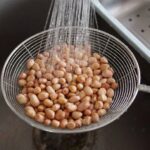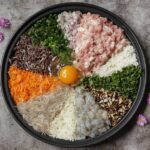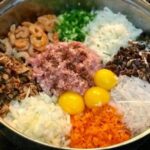Pickling Napa cabbage to achieve that perfect sour taste can be tricky, and many people encounter issues like sliminess, sogginess, or a filmy layer on their pickles. The following article will help you understand the causes and provide solutions to create delicious and crispy Napa cabbage pickles.
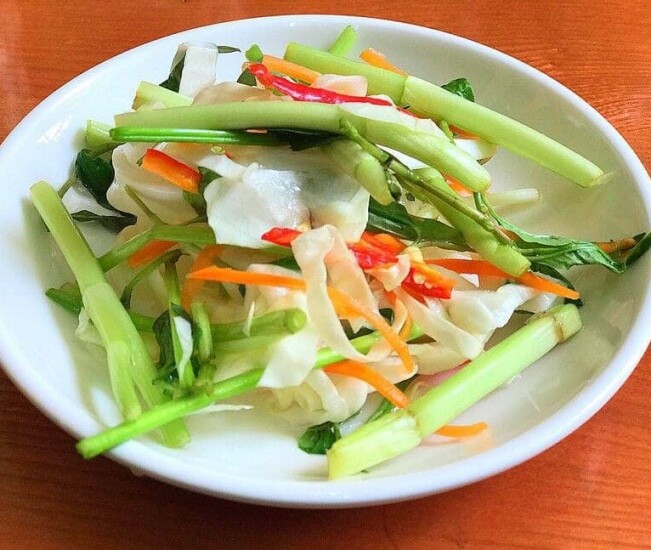
1. Causes of Slimy Napa Cabbage Pickles
Sliminess is a common issue when pickling Napa cabbage. Some of the reasons behind this problem include:
Insufficient vegetable cleaning: Before pickling, vegetables must be thoroughly cleaned. Instead of just rinsing with water, soak the vegetables in a diluted salt water solution for about 5 minutes to remove bacteria and dirt, and then rinse them multiple times.
Adding cold water to the brine: Some people inaccurately measure the amount of salt or sugar when making the brine and then add cold water to adjust. This can lead to slimy pickles or uneven fermentation.

2. Reasons for Soggy Napa Cabbage Pickles
In addition to sliminess, Napa cabbage pickles can also turn soggy a few days after pickling. Common causes include:
Lack of sugar in the brine: Sugar plays a crucial role in the fermentation process. Insufficient sugar can cause the vegetables to soak in the brine for too long, resulting in sogginess.
Cutting vegetables too thinly: Slicing the Napa cabbage too thinly will compromise its natural crispness. It is recommended to cut the vegetables to a thickness of about 5-6mm to maintain optimal crispness.
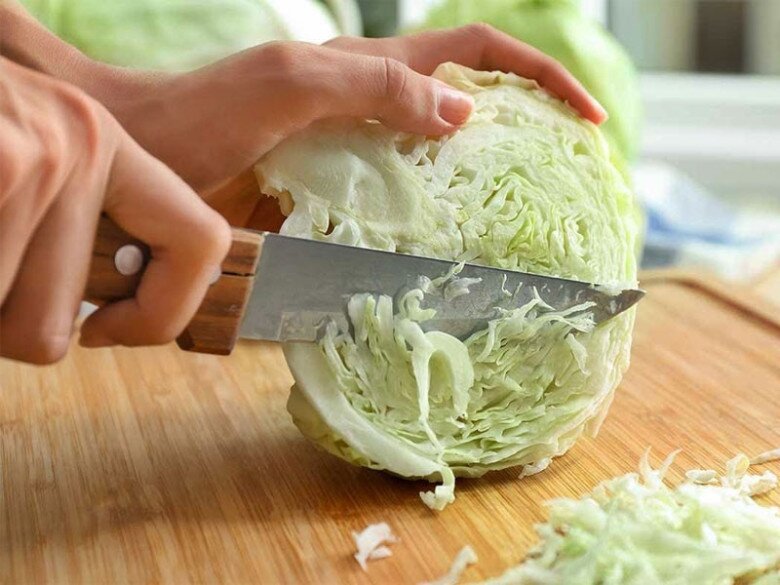
Insufficient brine: When there is not enough brine, the fermentation environment becomes unstable, leading to the growth of harmful bacteria that cause the pickles to become soft and less appealing in appearance.
Improper storage: Leaving Napa cabbage pickles at room temperature for too long can cause acidification, making them soft and less tasty. Therefore, after 2-3 days of pickling, it is best to store them in the refrigerator to maintain crispness and prolong their shelf life.
3. Tips for Delicious Napa Cabbage Pickles
To ensure your pickled Napa cabbage turns out tasty, consider the following factors:
Selecting the right Napa cabbage:
Choose a cabbage with tightly curled leaves, a small stem, and a solid, heavy feel. The leaves should be a light green color and look fresh, without any wilting.
Preparing the ingredients:
In addition to Napa cabbage, consider adding flavor with herbs such as scallions, coriander, and carrots. You can also include onions or celery for an extra kick.
Enhancing the flavor:
To make your pickled Napa cabbage even more mouthwatering, add some sugar, vinegar, and a few chili slices to create a harmonious sour and spicy taste.
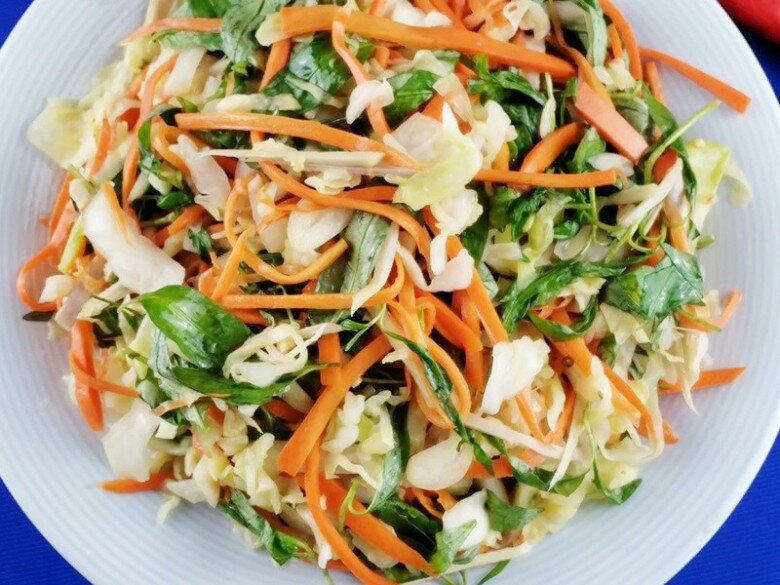
With these tips in mind, you’ll be well on your way to creating delicious and crispy Napa cabbage pickles at home, ensuring both taste and hygiene. Good luck, and happy pickling!
The Secret to Golden, Crispy Fried Spring Rolls: A Pro Chef’s Trick to Prevent Soggy Disasters
“Discover the ultimate trick to achieving the perfect crispy and golden fried spring rolls that will impress your family and friends. With this secret technique, you’ll never have to worry about your spring rolls sticking to the pan again. Elevate your home-cooked meals and indulge in the ultimate crispy delight!”
The Ultimate Guide to Crispy Fried Spring Rolls: A Secret Technique to Ensure Perfection
The humble fried spring roll is a familiar favorite, but many are left scratching their heads as to why their homemade rolls don’t turn out golden and crisp. Achieving that perfect golden-brown exterior with a delicate crunch is an art, and with these simple tips, you’ll be on your way to becoming a master.
























